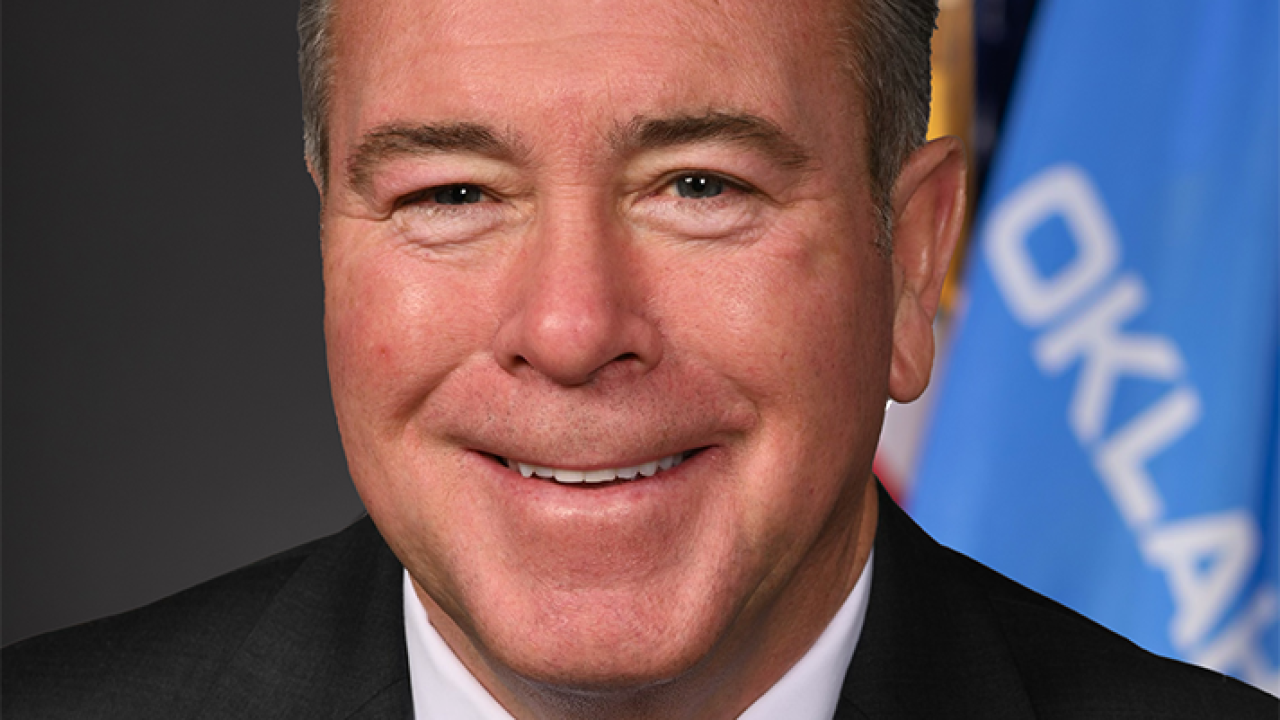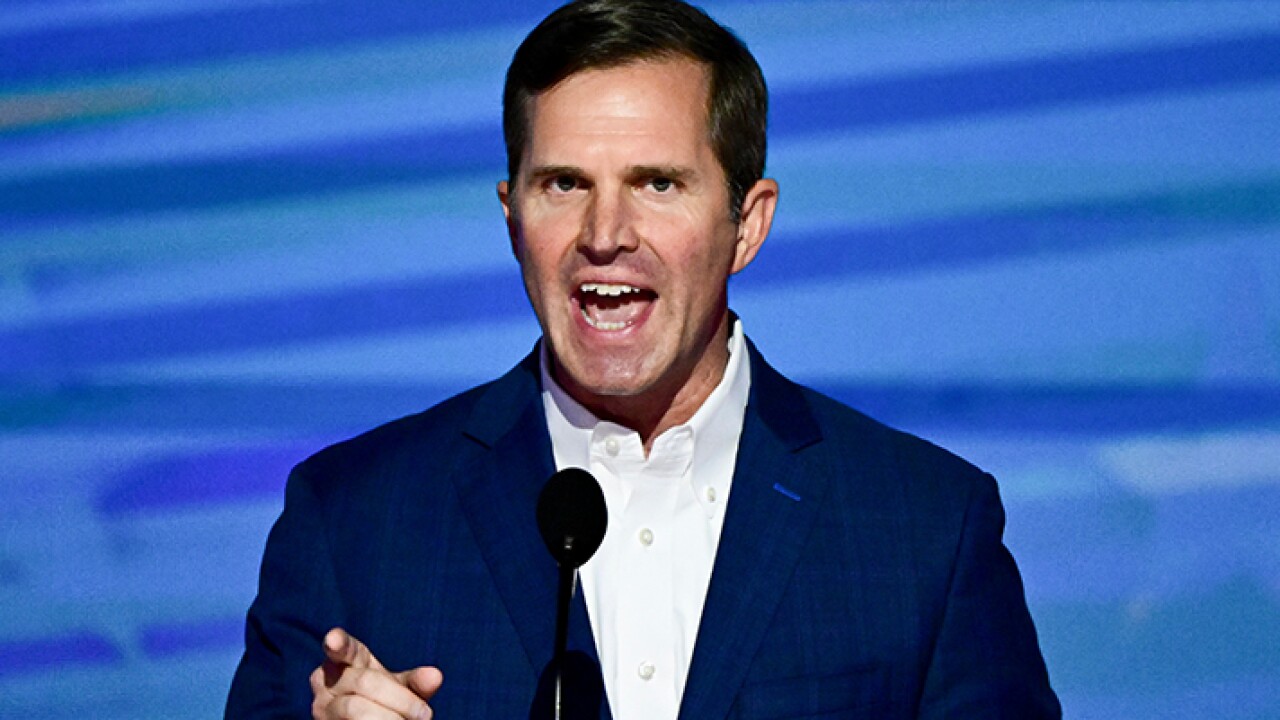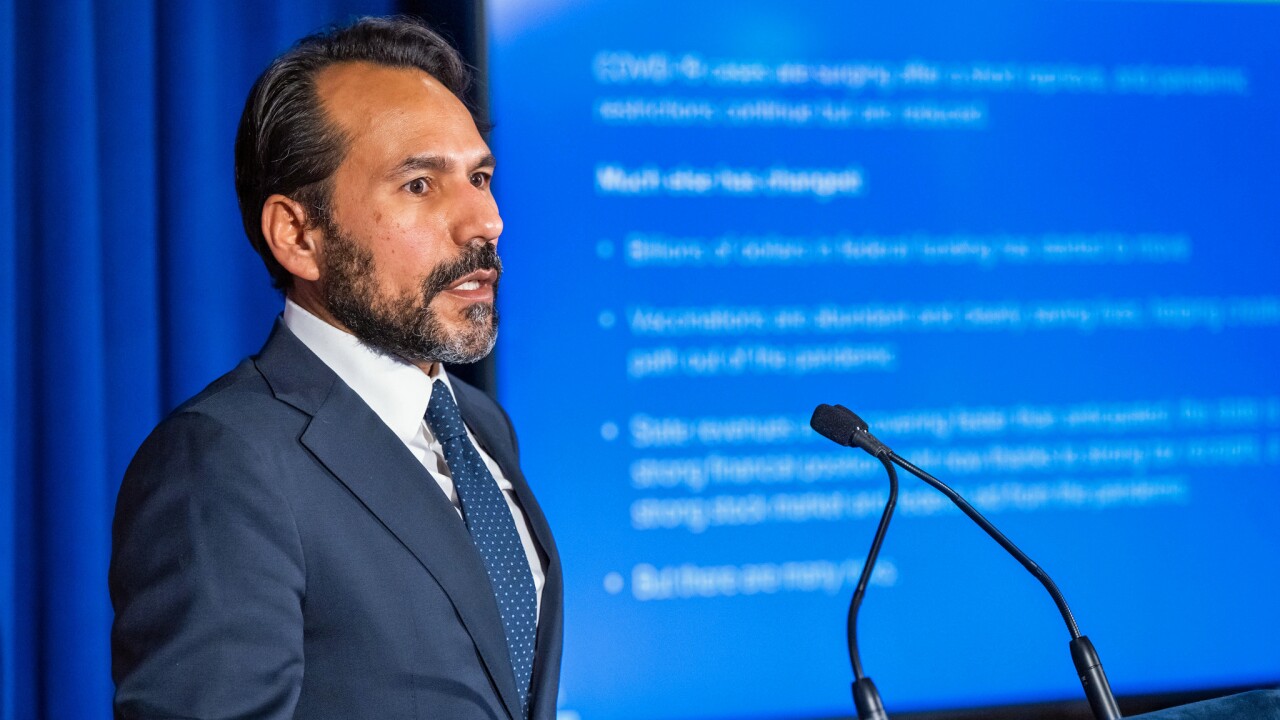
Local boosters believe the impending introduction of casinos in New York will be a fiscal positive for local governments.
Municipal bond industry observers are more skeptical, as are some gambling industry pros.
New York already has five casinos run by Indian tribes in upstate New York. Since 2001 it has also allowed slot machine parlors. There are currently nine of these.
According to Moody's Investors Service in 2012 New York had the 12th highest gaming tax revenue per capita in the country.
On Nov. 5 New York voters approved a referendum that will allow up to seven full-scale casinos with table games as well as slot machines outside of Indian land.
At first only four casinos will be permitted. They are to be located in one of three areas: around Albany, in the Catskills-Hudson Valley region, and in the Southern Tier, near the border with Pennsylvania. The exact locations have not yet been decided.
After seven years the new law will allow casinos in New York City and Long Island. The Indian tribes will keep exclusive gambling privileges in the areas around their casinos.
Agreements with the Indian nations regarding four of the five casinos specify that some of the revenues are shared with the state. Some of the Indian revenues are redirected to local communities.
The new law specifies that 80% of new casino taxes go to the state for use for elementary and secondary education statewide or property tax relief. Another 10% will be split equally between the host county and the host municipality. The remaining 10% will go to other counties in the region to provide property tax relief or educational assistance.
"This vote will keep hundreds of millions of dollars spent each year in neighboring states right here in New York, while increasing revenue for local schools, lowering property taxes, and bringing proper regulation of the industry," New York Gov. Andrew Cuomo said after the referendum passed.
The New York Division of Budget estimates that casino gambling will ultimately bring in $430 million a year to be used for schools, local governments, and reduced property taxes.
For example, the division estimates that Albany County would receive $3.3 million each year. This would be 0.6% of Albany County's executive proposed $531 million 2014 budget.
"Yesterday's vote to legalize casino gaming will provide a real economic boost to our community and will help Broome and Tioga Counties become a destination point for tourism and economic activity," said state Sen. Tom Libous, R-Binghamton. "Casino gaming means new jobs, new opportunity and new funding streams for our schools."
New York State Association of Counties executive director Stephen Acquario was also very positive about casinos' impact on local government and school district finances throughout the state. The introduction of gambling has the potential to aid many things including government finances, Acquario said.
"We cannot afford for this to fail," he said. The casinos may be up and running by 2015, he added.
Acquario thinks that the Catskills, which was a major summer resort destination in the middle of the 20th century, could be the most attractive area for a new casino. They are close to New York City, he noted.
Andrew Klebanow, principal of Las Vegas based Gaming Market Advisors, disagreed.
While the Catskills are reasonably close to New York City (about 100 miles), they have some problems as a location for casinos, he said. First, transportation by car to them is comparatively difficult. If a casino opened in the Catskills many New York City residents would still prefer the drive to Atlantic City, N.J., he said.
Second, phase two implementation of New York's casino law would hurt Catskills casinos, Klebanow said. The opening of a casino in New York City would divert most city residents from venturing to the Catskills for their gambling.
There is already a slot machine parlor in Yonkers just north of New York City and another in Queens, in the eastern side of the city. In October 2012 The New York Times said the latter was the country's highest-grossing slot parlor.
By comparison, phase two would not hurt either Albany or the southern tier casinos, Klebanow said. The neighboring casinos that would compete with these future casinos are known and not likely to increase in quantity any times soon, he said. In today's market where gambling opportunities are increasingly common around the country, the primary consumers for a casino are customers who live in a 60 mile radius, he said.
Klebanow is advising some firms considering opening casinos in the three areas.
Michael Meczka, president of Meczka Marketing Research Consulting, agreed that the introduction of a full-fledged casino in New York City in phase two would hurt any new casino in the Catskills.
"Casinos are like any other commercial entity and they will pay significant local property taxes to the host community," said Clyde Barrow, director of the Center for Policy Analysis at University of Massachusetts at Dartmouth.
Analysts from the municipal bond community were more cautious about how much positive impact the casinos would have on local governments' finances.
"It seems likely there will be more revenue, either directly (through state revenue sharing) or indirectly (through related economic activity), or both, for the localities in which the new casinos are sited," said Fitch Ratings managing director Amy Laskey. "What that means for budgetary performance is an open question since there are several unknowns including the amount and stability of revenue, restrictions the state or localities may place on its use, and how reliant the government becomes on it.
"We don't see a correlation between casinos and fiscal health - to use an extreme example, Detroit has several casinos," Laskey said.
"I would say that, overall, [the introduction of the casinos in upstate New York] will be a small net positive," for local governments, said Evercore Director of Municipal Research Howard Cure. "My concern is that a government becomes too dependent on revenues from a casino. I am thinking of Atlantic City and its current fiscal problems."
In late November Moody's Investors Service downgraded Atlantic City, N.J., the biggest gambling center east of the Mississippi, to Baa2 from Baa1. Moody's said increased competition for the city's casinos from neighboring state casinos was at the heart of the downgrade.
"Local governments may also need to finance infrastructure improvements to attract casinos," Cure said, such as road improvements, lighting, and utility expansion. "How are these going to be financed?"





